We recently spent a very good weekend as the guests of the Warsaw Audio Show and one thing that really stood out for us was how knowledgeable and passionate the people were about music and audio. This got me thinking as to why this should be and I formulated a couple of opinions and how this reflects on other countries way of consuming music.
Poland has had a turbulent recent history with the most obvious being under the control of USSR from 1945 to 1989 when Solidarity gained power, heralding a collapse of the communist regimes across Europe. Personal freedoms were limited previously and whilst Poland was considered one of the least oppressive states under communist rule, the people had limited access to information and media from outside the soviet bloc. Before communism jazz and American music was in great demand but in 1945 jazz and other music was repressed, condemned and banned from the radio. The only way people could listen to jazz was by listening to the shortwave broadcasts by Willis Conover and his Voice Of America Jazz Hour. There was also a market for smuggled records from outside the country, despite the obvious dangers this had associated with it. After Stalin died Jazz was given more freedom and the scene blossomed, creating its own style in contrast to the American style.
So much for the history lesson! The point I’m making is that if something is forbidden it makes it more attractive, more sweet and in many ways more enjoyable, edgy and a badge of honour displaying your personal independence from what authority wants you to think and enjoy. Look at Rock and Roll in the US and further afield. This was the music of the newly defined teen generation and frowned upon by parents, teachers and the unhip and because it was frowned upon it struck a chord with the youth of the day. Rebellion! When the BBC bans a record it’s a sure fire way of getting it to the number one slot. If we look at Punk in the UK that was about rebellion, and doing something that was socially unacceptable and as such a bit dangerous. However, in Poland the dangers were very real in the Stalinist period and listening to the wrong kind of music or reading the wrong kind of literature could get you in serious trouble, not just with disgruntled parents, but with the state.Folk music is also strong in Poland and this comes out of a need for people to come together, to feel as one and people do this by singing and sharing songs they know from their childhoods and which have meaning both personally and as community – a sort of middle finger to the oppressor and his regime.
It’s also interesting to note that money was obviously tight in Poland and again this makes your personal connection with something all the stronger once you own it. Think back to when you were a teen and saved pocket money to buy the latest releases. Because you saved and scrimped you played your purchase over and over and became more emotionally attached to it. Now imagine saving for a cassette tape or record and then playing it in your home with the knowledge that at any moment the door could be banged down and you locked up. The connection to the music is going to be multiplied ten-fold.
I remember seeing an article in the early 90s in DJ magazine about a young Russian DJ who had heard the new techno and house records on radio but had no opportunity to buy the records in his homeland. What did he do? He got two tape machines and a home-made mixer, modified the machines so he could alter the pitch and he recorded tunes off the radio and played them out at parties. Necessity is the Mother of invention!
Now let’s turn our attention to the ‘decadent’ West and the now easy access almost everyone has to pretty much every release that is out there, despite it being in crappy MP3 or whatever. People CONSUME music now rather than treating it as a thing to be cherished and loved…obviously if you are reading this article you’re going to treat music slightly differently to the masses, but the point remains. If something is easily obtained it is easily forgotten!
If you look at the hifi products that are now coming out of Poland you’ll also understand that there are years and year’s worth of experienced engineers’ knowledge going into the products. These people didn’t have access to the latest off the shelf shiny amplifier or the newest pair of loudspeakers but had to innovate and create systems and circuits from what they had to hand or could procure on the black market. At the Warsaw show there was a fabulous room dedicated to the biggest audio DIY forum in Poland and it was brilliant to see this part of the hobby so vibrant and so accepted. There were valves aplenty, single driver speakers and all kinds of things that made you look up and take notice. In another room there was a whole host of vintage gear lovingly restored and still in use. If you don’t have the money to buy new you make good and make do. This is no bad thing in many ways.
Of course Poland is changing and becoming more affluent and as it does, things will of course change. People will see and want the latest gadgets and doodads, they will want their music for free and they will consume more, but look a little deeper and there is always going to be a heart that is defiant, passionate and fanatical over the love of music and the gear you play music on and I hope this heart continues to beat strongly.
Stuart Smith





















































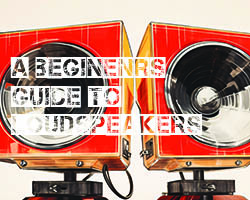





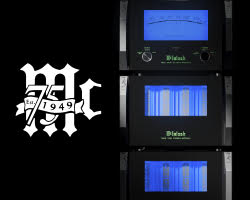


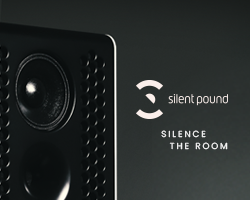











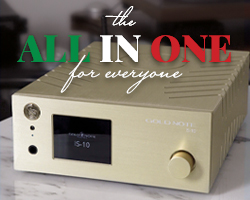












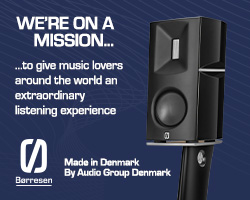




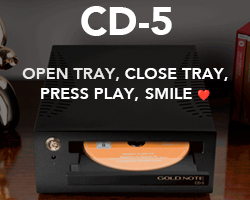



















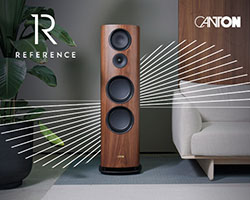




















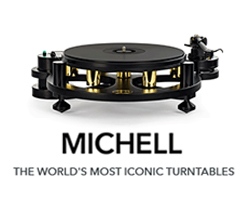


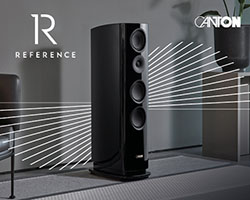





























































You must be logged in to leave a reply.